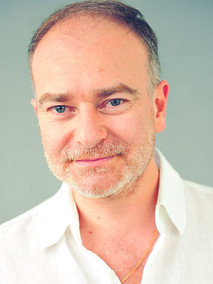Autumn School
Verona, 26-30 November 2018
modelling, control, and numerical methods
Mean-Field optimal control and other types of games
Massimo Fornasier, Techniche Universität München
In the first part of the course we introduce the concept of mean-field optimal control, which is the rigorous limit process connecting finite dimensional optimal control problems with ODE constraints modeling multi-agent interactions to an infinite dimensional optimal control problem with a constraint given by a PDE of Vlasov-type, governing the dynamics of the probability distribution of interacting agents.
In the second part of the course we introduce and study a mean-field model for a system of spatially distributed players interacting through an evolutionary game driven by a replicator dynamics. Strategies evolve by a replicator dynamics influenced by the position and the interaction between different players and return a feedback on the velocity field guiding their motion.
